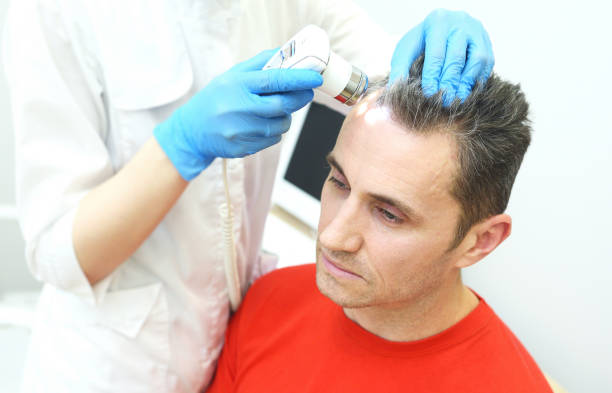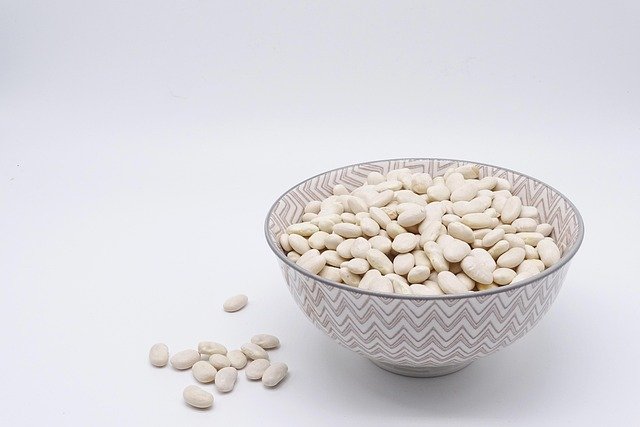Scalp Psoriasis Treatments: Managing Symptoms Effectively
Scalp psoriasis can cause uncomfortable, red, scaly patches that interfere with daily life. This guide outlines practical treatment choices — from over-the-counter shampoos and soothing oils to prescription creams, systemic drugs, phototherapy, and lifestyle changes — to help you reduce flare-ups and improve scalp comfort. Learn about effectiveness, costs, and when to seek professional care.

Scalp psoriasis is a long-term immune-mediated skin condition that produces inflamed, itchy patches and silvery scale on the scalp. While it can be stubborn and sometimes affect confidence, there are many ways to control symptoms. This article reviews accessible over-the-counter remedies, prescription options, lifestyle strategies, and complementary approaches so you can make informed choices and discuss them with your clinician.
Over-the-counter options that help control scale and itching
For mild to moderate scalp psoriasis, nonprescription products are often the first step. Keratolytic agents such as salicylic acid shampoos help break down and loosen thick scales so they can be washed away more easily. Coal tar preparations are another OTC choice; they slow abnormal skin cell production and may reduce inflammation and itching. Shampoos containing zinc pyrithione or selenium sulfide, commonly used for dandruff, can also be helpful for some people with lighter psoriasis.
Moisturizing the scalp is important to reduce flaking and irritation. Oils and balms with ingredients like coconut oil or aloe vera can soften scales and provide symptomatic relief when applied gently and left on for a short period before shampooing. Because individual responses vary, it is worth trying different OTC products and rotating them to see what reduces symptoms with the fewest side effects.
Prescription therapies for more persistent or severe disease
When OTC measures are insufficient, dermatologists may recommend topical or systemic prescription treatments. Topical corticosteroids remain a mainstay for reducing inflammation and slowing excess skin growth. They are available in various strengths and formulations designed for the scalp, such as foams, lotions, and ointments.
Vitamin D analogues, like calcipotriene, help normalize skin cell turnover and are often used alone or combined with topical steroids for enhanced effect. Combination formulations that include both a corticosteroid and a vitamin D analogue can improve results while reducing the duration of steroid exposure.
For widespread or treatment-resistant psoriasis affecting the scalp and other body areas, systemic medications may be prescribed. Traditional oral agents such as methotrexate, or newer biologic drugs that specifically target immune system molecules, can produce substantial improvement in many patients. Biologics tend to be very effective but are more costly and require specialist supervision and monitoring.
Practical lifestyle steps to reduce flare-ups
Medical treatment works best when paired with everyday habits that protect the scalp. Stress is a common trigger, so incorporating relaxation techniques such as meditation, deep-breathing exercises, or yoga may lower the likelihood of flares. A balanced diet rich in anti-inflammatory foods — including fatty fish, flaxseeds, and walnuts that provide omega-3 fatty acids — may support overall skin health.
Hair care routines should be gentle: use lukewarm water, mild shampoos, and avoid rough scrubbing that can irritate lesions. Minimize chemical treatments, frequent hair dyeing, and heat styling when possible, as these can aggravate sensitive skin. Regularly removing loose scales with appropriate keratolytics before applying medicated products can improve treatment contact and comfort.
Complementary and alternative approaches some people find useful
Some individuals explore natural or adjunctive therapies to supplement traditional care. Diluted apple cider vinegar rinses are sometimes used to relieve itching and help lift scales, while tea tree oil may offer mild anti-inflammatory and antimicrobial effects for certain people. Topical use of such agents should be approached cautiously, as they can irritate fragile skin.
Phototherapy, including targeted UVB exposure administered in clinical settings or careful sun exposure under guidance, can be effective for some patients. Dermatologists may offer narrowband UVB or excimer laser treatments that focus on affected areas. Always consult a healthcare professional before starting alternative treatments to avoid interactions or adverse effects.
| Treatment | Provider | Effectiveness | Cost Estimation |
|---|---|---|---|
| Coal Tar Shampoo | OTC (various brands) | Moderate | $10 - $20 per bottle |
| Salicylic Acid Shampoo | OTC (various brands) | Moderate | $15 - $25 per bottle |
| Topical Corticosteroids | Prescription (various brands) | High | $30 - $100 per tube/bottle |
| Vitamin D Analogues | Prescription (e.g., calcipotriene) | Moderate to High | $200 - $500 per tube |
| Biologics | Prescription (e.g., TNF or IL inhibitors) | Very High | $1,000 - $5,000 per dose |
| Phototherapy | Medical centers | Moderate to High | $50 - $200 per session |
Prices, rates, or cost estimates mentioned in this article are based on the latest available information but may change over time. Independent research is advised before making financial decisions.
Comparing effectiveness, affordability, and convenience
Choosing the right approach involves balancing how well a treatment works, how much it costs, and how easy it is to use. OTC shampoos and moisturizers are inexpensive and convenient but often offer only moderate relief. Topical prescription agents are effective for many people and are typically a practical next step. Systemic therapies and biologics tend to deliver the most substantial improvement for severe disease, but they require medical oversight and can be expensive.
Phototherapy sits between topical and systemic treatments in terms of effectiveness and cost; it can be a good option for patients who prefer to avoid systemic drugs. Ultimately, treatment plans should be individualized based on disease severity, treatment response, comorbidities, lifestyle, and budget.
Working with your healthcare provider
Because scalp psoriasis varies considerably between individuals, collaboration with a dermatologist is important. They can confirm the diagnosis, recommend appropriate topical or systemic therapies, monitor side effects, and advise when complementary approaches might be safe to try. Early and consistent treatment often results in better control and fewer disruptions to daily life.
This article is for informational purposes only and should not be considered medical advice. Please consult a qualified healthcare professional for personalized guidance and treatment.






